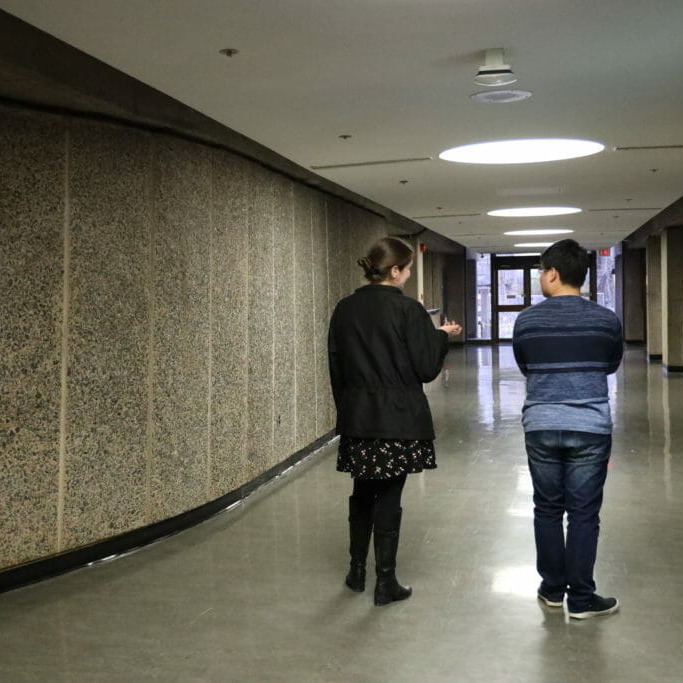
Swept Up with Summer Employment?
Tips, free resources and workshops to get you on you started
Sifting through job post listings and internship applications are a burden that students face every year, especially during the early winter months when they are on the search for a summer position.
It can be stressful to read a job description and not know if you’re qualified. The intimate stares at your resumé, wondering you’ve got what employers want to see. Whether you’re on the hunt for a summer internship or a long-term job, it can be difficult.
The Bissett Student Success Centre is
Amy McEvoy is a coordinator and career programming advisor at the Bissett Student Success Centre. “It is the perfect time to start looking, I would say start early and figure out where you want to be this summer. On mycareer.com (Dal’s job database) we post jobs from across the country.”
This should be one of the first things you think about, whether you want to go home for the summer or stay in Halifax, or even if you want to work in a different province for the experience. Once you know where you want to be geographically you can start the search.
Think two years ahead
McEvoy suggests keeping in mind what skills you have, and what do you want to learn or acquire from this job – evaluate each opportunity carefully by always thinking how this job can benefit you, what skills you can develop from it and what opportunities it could lead to in the future.
She says ask yourself: “What job do you want two years from now? And what would serve as a good stepping stone to that?”
McEvoy adds that the work available out there for students in the summer is really diverse, “there isn’t just retail, there are office and research opportunities. For example, camp counsellors, seasonal tourism jobs, outdoorsy jobs and industries. Look for summer jobs in your field, if there is a research job in a lab with one of your professors. Government jobs are always looking for summer positions to be filled.”
She also includes that students should take advantage of all the resources offered at the student success
“Employers value unpaid experience, including volunteer experience, [and] what you have learned in class. It all helps in the workplace”
Amy McEvoy, coordinator and career programming advisor at the Bissett Student Success Centre
Both employers and people looking for jobs use LinkedIn; it can act as a professional profile to aid in networking and serves as a place to post cover letters and resumés when job searching.
McEvoy observes that students worry about not having any paid experience or too little experience.
“Employers value unpaid experience, including volunteer experience, what you have learned in class. It all helps in the workplace,” she says.
Employers don’t only look at paid experience, they’re often looking at what skills and qualities you already possess and how that would serve you in the workplace. She urges the importance of developing and adapting your professional documents, her advice is to always update your resumé based on what job you are applying for and what skills you feel should be highlighted.
Summer job help on campus
The Bissett
Dalhousie is hosting a career fair in the McInnes room in the Student Union Building on Feb. 7 from 11 a.m. to 3 p.m. Students can bring their resumés; there will be job recruiters and employers looking to fill summer jobs, co-op positions, and offering jobs for graduate students.
It’s recommended you apply to four or five jobs for a better chance at securing a job, rather than only applying for one. McEvoy’s biggest piece of advice: “Let students know they can do it. That they have amazing potential and we are here to support it. Think outside the box- cast a broad net, apply to a lot of jobs be proactive.”
The Bissett Student Success Centre is located on the fourth floor of the Student Union Building. These resources exist for you!






